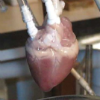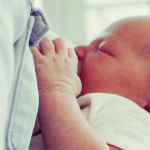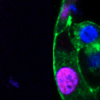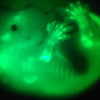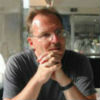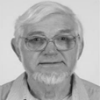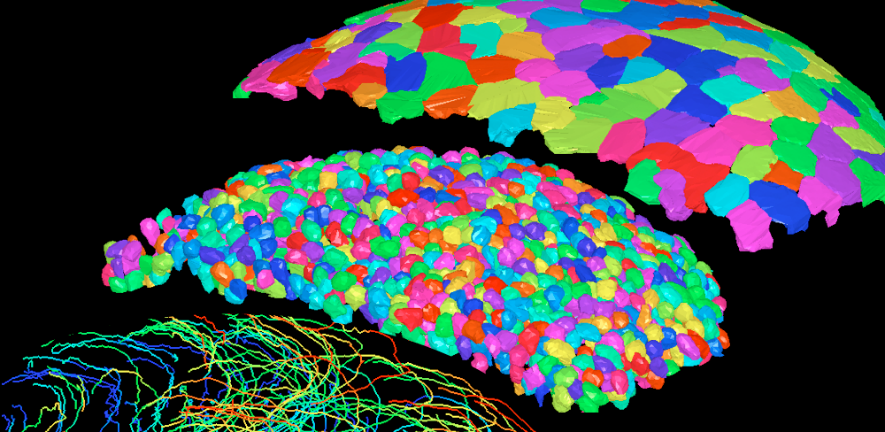
How are different cells made, organised into tissues, arranged in the correct places and coordinated to form an animal? These are the fundamental questions of developmental biology. At PDN we are investigating many aspects of development, including how cells talk to one another, how they move to new locations, how they assemble and rearrange to make tissues and how their functions change with age. We use a wide range of approaches to study the development of a variety of animal models and humans.
Developmental biology research in PDN is particularly active in several key areas:
-
the process of turning genes on and off as cells become more specialized, which is fundamental to understanding a key mystery of development: how a single cell, the fertilized egg, gives rise to all the different kinds of cells in our body.
-
stem cells and the first decisions specifying cell types in the embryo, which will improve the efficacy of in vitro fertilization and advance the new field of regenerative medicine.
-
the mechanics of cell movement and behavior, which is key to understand how cells coordinate to build the body, fight off infections, and aberrantly move to new locations during cancer metastasis.
-
development of the nervous system, including how the myriad of different neuron types are programmed and how the neurons make the right connections to provide circuits in the brain.
-
how the environment of the uterus impacts on foetal development and adult life, which helps us understand pregnancy complications and discover how diseases that occur in adults can be caused by the environment during pregnancy.
Labs
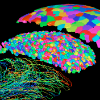 |
Adams labVisualising morphogenetic mechanisms |
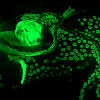 |
Baker labNeurogenic placodes and the neural crest: development of the vertebrate peripheral sensory nervous system |
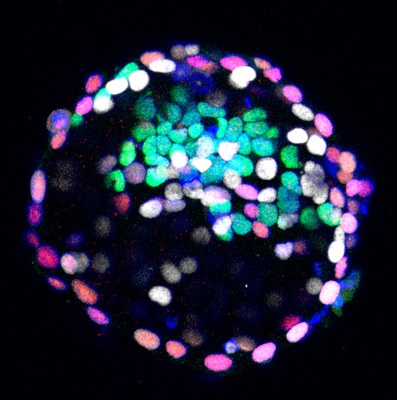 |
Boroviak labLaboratory for primate embryogenesis |
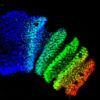 |
Bray labNeural and epidermal development in Drosophila: from signalling to morphogenesis |
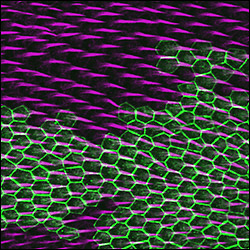 |
Brown labMolecular analysis of morphogenesis |
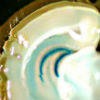 |
Colledge labTransgenic mouse models of human disease: reproductive physiology, cystic fibrosis, and cardiac physiology |
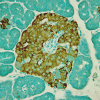 |
Forhead labMammalian endocrinology and the hormonal regulation of fetal physiology and development |
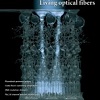 |
Franze labMechanics in nervous system development and pathology |
|
|
Giussani labHow adverse conditions during pregnancy can programme heart disease in the adult offspring |
Hanin labInvestigating the molecular mechanisms underlying lactation and early nutrition, and their impact on lifelong health |
|
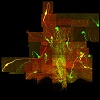 |
Herbison labProperties and functioning of the key neural populations controlling fertility in mammals |
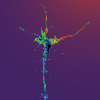 |
Holt labAxon guidance in the developing brain |
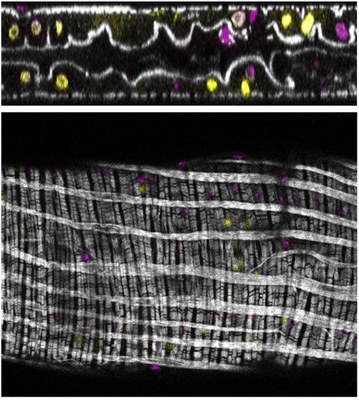 |
Kolahgar labExtrinsic regulation of intestinal proliferation and gut maintenance in Drosophila |
Niakan labUnderstanding the molecular mechanisms that control early human development |
|
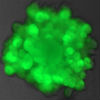 |
Rawlins labLung development, maintenance and their mechanisms of disease |
Rosello-Diez labGenetic, cellular and biophysical mechanisms controlling vertebrate limb growth in development and evolution. |
|
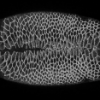 |
Sanson labMorphogenesis of the epithelium in Drosophila embryos |
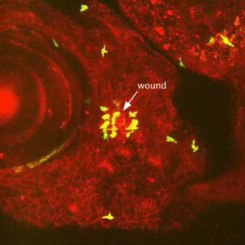 |
Sarris labHow immune cells search tissues and find sites of infection or tissue damage |
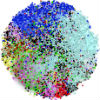 |
Schofield labExperimental and informatic approaches to understanding human disease |
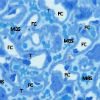 |
Sferruzzi-Perri labEtiology of pregnancy complications and the regulation of developmental processes |
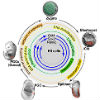 |
Surani labMammalian germ cells, pluripotency and epigenesis |
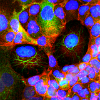 |
Watson labThe epigenetic role of folate during development |
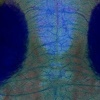 |
Xiong labForce generation and mechanical regulation during tissue shape formation |
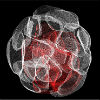 |
Zernicka-Goetz labCell fate, plasticity and pluripotency in the development of the early mouse embryo |
Other Academics specialising in this area
|
|
|
Graham BurtonRetired |
|
Abby FowdenRetired |
|
||
Roger KeynesRetired |
Rob WhiteRetired |
|


